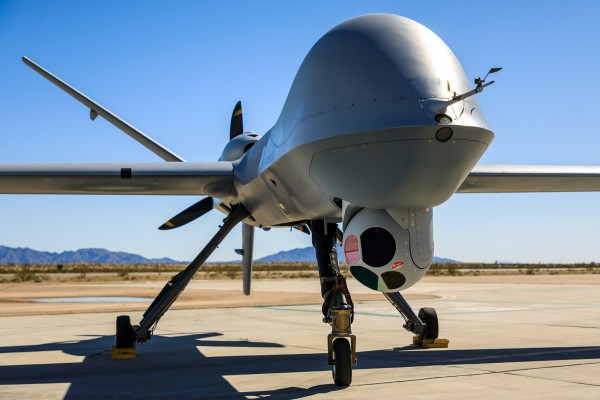-

Amnesia and fragmentation in the narrative of Israel’s occupation of Palestine
Apartheid lives long after headlines have declared one or another victory, and discomfited politicians praise this or that ceasefire. But the fragmented nature of mainstream media coverage serves Israel’s narrative well, distracting from the unbroken continuity of the Nakba and Israeli apartheid, and making it difficult for the Canadian public to grasp the magnitude of Israel’s battering of human dignity.
-
Land grabs for rare earth metals continue outside the South American Lithium Triangle
Mongolia has long been one of Canada’s closest partners in Asia as a source of strategic metals and minerals, while occupying a fulcrum point between Southeast Asia, Russia and the Middle East. Yet, little light has been shed on the bleak implications of the increasing demand for lithium, and other strategic resources found across Central Asia that are essential to the energy transition.
-

Space neoliberalization agitates the frontiers of Canadian data privacy
Internet connectivity that relies on crossing uncharted territories inevitably brings with it new forms of colonialism. Seemingly benign infrastructure is in fact strengthening global supply chains that enrich the world’s billionaires. The future is cheap and fast, and the jostling of the private sector to claim a stake in satellite internet is just one small part of this space opera.
-

Unconscionable treatment continues in Canadian detention centres
For Canada to ratify OPCAT it would need to introduce national standards against which Canada’s compliance can be measured. Yet, the foot-dragging of Canadian legislators on the issue of torture prevention has received little coverage. As a result there is a lack of public awareness of the effects that this international law might have across different sectors of society.
-
Stumbling toward peace in Donbas
Despite Canada’s long-standing support for the Ukrainian army, there has been almost no coverage of recent peace talks in the war-ravaged Donbas. More concerningly, few have analyzed the implications of stalled progress towards ending the civil war, even as the Trudeau government continues to fund a military mission in an active conflict most have all but forgotten.
-

WESCAM controversy highlights double standards in Canadian arms controls
Despite Justin Trudeau’s promise to support a global ban on lethal autonomous weapons systems, Canadian companies continue to profit from exporting software or components for killer robots. There is still no domestic regulation around the manufacture of these technologies, and little in the way of public debate around their development and export.
-

An inconvenient coup: Canada’s disingenuous response to Mali’s revolt against a corrupt government
In face of the seasonal waves of coup attempts that have most recently swept up Belarus and Mali, Canada’s Liberal government has proven selective in its statements of support for popular uprisings. After months of protests, a military coup on August 18 deposed Malian President Ibrahim Boubacar Keïta, who stepped into power following Mali’s infamous 2012 coup.
-

Machines in the chain of command
Canada is now faced with an opportunity to take real initiative on defining the scope of arms control around an emerging technology that is on the verge of being adopted into wider military use, and falling out of human control. To do so, it will be necessary to show independence from an unscrupulous ally that is besieged by its own manifest destiny.
-

Canada drags its feet on international convention against torture
This is the first article in a three-part series on Canada’s historical reluctance to ratify the United Nations’ Optional Protocol with the Convention against Torture (OPCAT). Despite being one of the early champions of this international law that exists to prevent torture in civilian and military detention centres, Canada has still not officially adopted the agreement.
-

Screening for ideals: Social credit is alive and well in Canada
Without sufficient protections for Canadian data through the US-Mexico-Canada Agreement, we should be demanding accountability from the federal government around domestic privacy protections, and looking critically at the profit-driven AI-based programs that are increasingly supplanting human judgement in every sphere of life.





